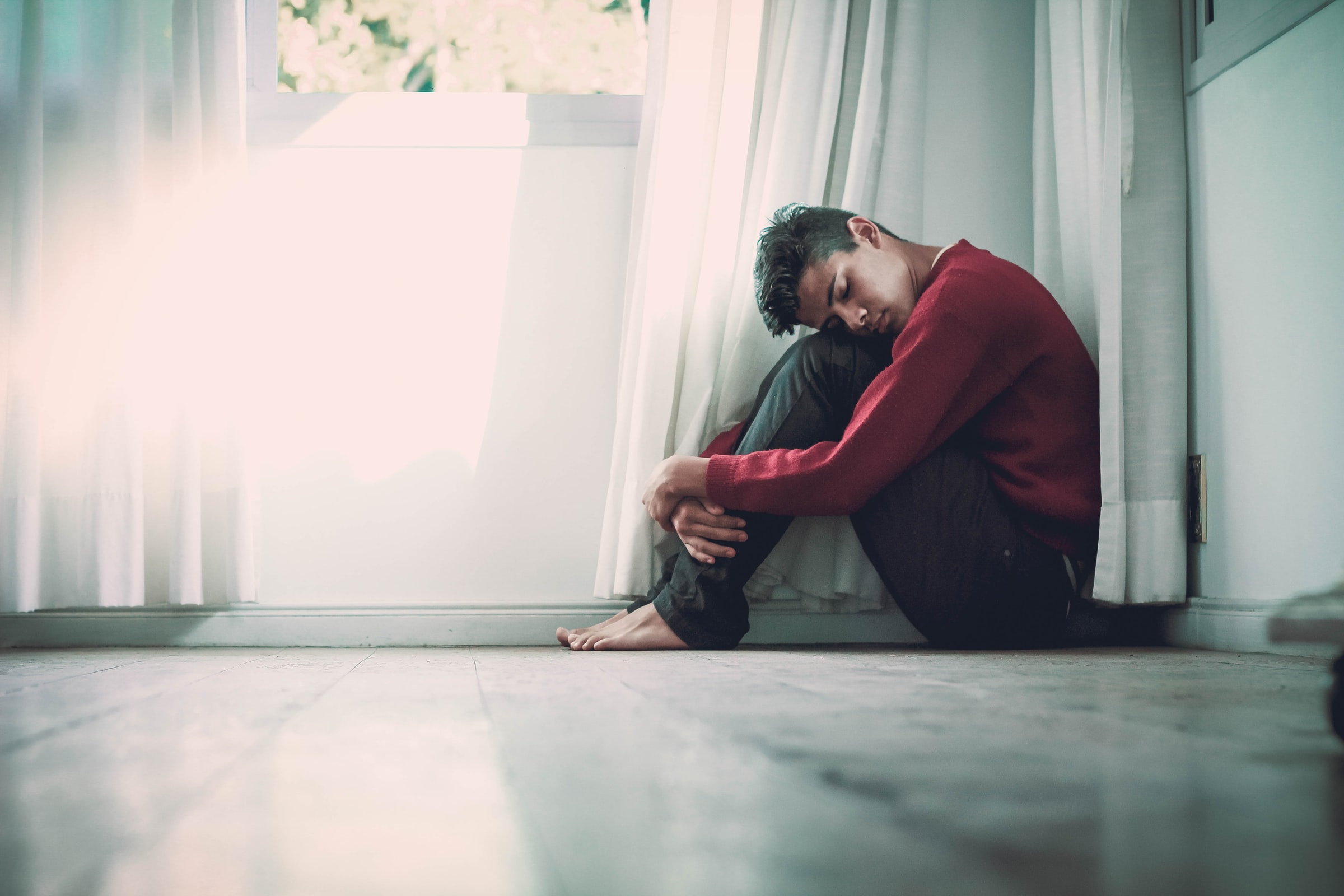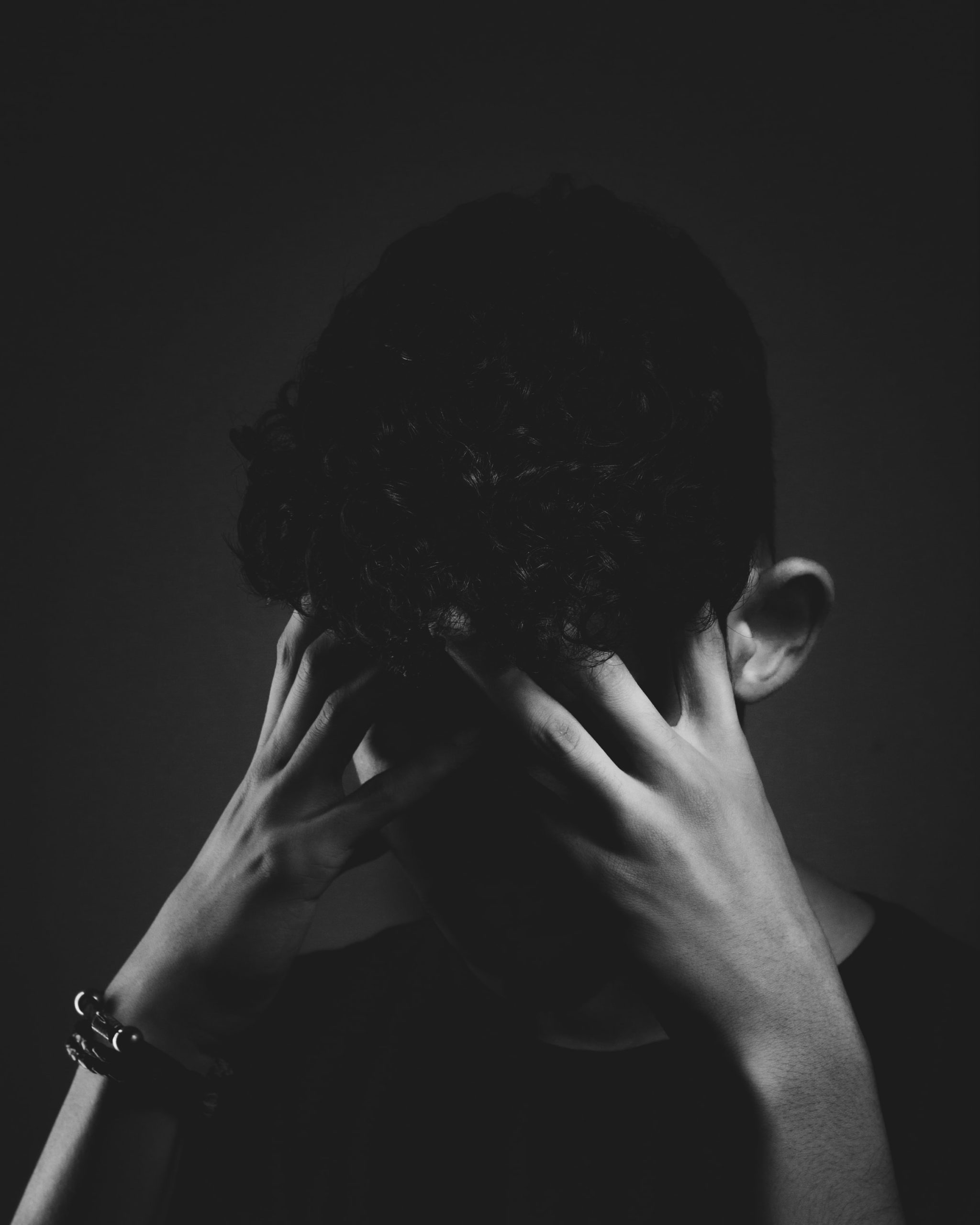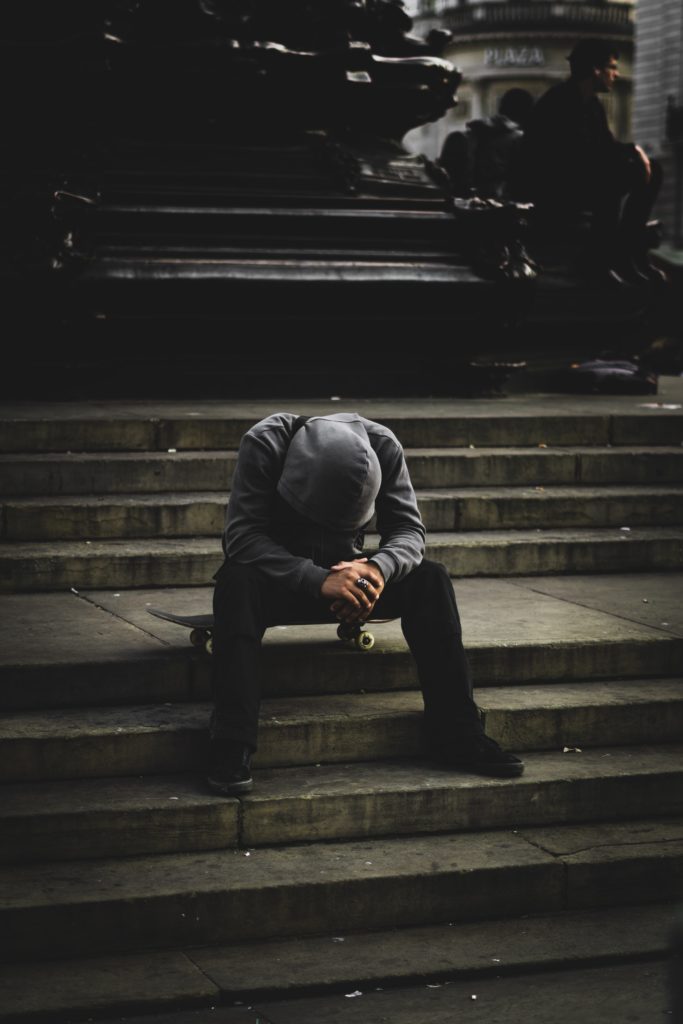Anxiety is characterized by the appearance of a pronounced feeling of uneasiness, an anxiety attack or panic, which can become chronic and affect daily life. I have suffered from anxiety for a long time, and overtime and thanks to my therapist, I have learned how to manage it and when I need my personal space when I’m having an anxiety attack.
Not everyone has the same experience or symptoms of anxiety, and if you feel anxious all the time, you might want to visit a therapist, and they will be able to diagnose your feeling and help you out in the long run. So, without further ado, let’s dive into this blog and learn some of the things that everyone should know about anxiety.
How does anxiety appear?

Anxiety is mainly caused by chronic stress, particularly in the context of professional activity, personally, after an event such as the loss of a loved one, illness, and a move or a divorce, for example. Anxiety can also appear at certain important periods of life, such as after the announcement of a pregnancy or at menopause, marked by major hormonal changes.
A powerful worry characterizes the symptoms of anxiety, sometimes felt throughout the day, which has an effect on life and daily activities. The anxious person may feel tired, irritable, have trouble concentrating or remembering things because of a heavy flow of thoughts or have trouble sleeping. Sometimes, anxiety also causes physical symptoms such as muscle tension or pain in the back or neck, a feeling of being in a lump in the stomach or heart rhythm problems.
1. Accept your situation!
The more we suffer, the more we tend to feel bad about our discomfort. This creates a vicious circle: we feel guilty, which fuels stress and the development or reinforcement of anxiety. Accepting that we are suffering at the moment is the first step towards understanding our situation and putting in place more positive habits.
2. Welcome your emotions with kindness

Since childhood, we have learned to hide our emotions, especially our negative emotions such as anger, fear or sadness. These emotions are part of us and must be felt and welcomed fully in order to be released. So don’t feel guilty if you need to let them out, it will help you feel better and let go!
3. Get away from social networks and distance yourself from current events
To cure anxiety, getting away from all the negative stuff can also help you feel better and focus on the positive. The current health situation has been omnipresent in the media for several months now, amplifying this collective phenomenon of anxiety and uncertainty about the future. Getting away from the news and social networks as much as possible is an easy way to occupy your mind with more relaxing or positive activities, such as sports or meditation.
4. Focus on your breathing

When we are stressed and anxious, our breathing changes to become jerkier. Taking the time to practice more conscious breathing, such as cardiac coherence or abdominal breathing, can help you relax almost instantly in a crisis. You can also opt for moon breathing, a new relaxation technique to help you fall asleep faster!
5. Try journaling
Were you a fan of journaling as a teenager? Back in the spotlight with the miracle morning, journaling is another technique to try to fight anxiety. Practising daily journaling can be a very effective way to soothe anxiety by writing down your thoughts and worries on paper or computer.
6. Enjoy nature

Getting out into the fresh air and taking a walk in nature or a park near your home is one of the most effective anti-anxiety treatments to stop the flood of negative thoughts that can invade your daily life. If you live in the city, why not take your lunch break in that park 10 minutes from your office? Or take a 15-minute break at the end of your day to get on with that book you can’t finish? Also, take advantage of the weekend to clear your mind and avoid thinking about the past week or the one to come.
7. Pay attention to your sleep and diet
Sleep disorders may appear as eating habits that encourage excess sugar. When anxiety lasts for several days, weeks or months, the biological rhythm is often disturbed. Therefore, try as much as possible to facilitate restful sleep by listening to sleep podcasts, for example, and by favouring foods rich in vitamins and minerals and omega-3, known for their positive action on the nervous system.
To help you fight against the symptoms of anxiety and regain well-being and serenity, you can also take a course of anti-stress food supplements. Formulated with GABA, Rhodiola, hawthorn and vitamin B6, our anti-stress food supplements will provide you with support in case of occasional stress (before a professional interview, for example) or over a longer period of time.
Sound off in the comments section below and tell us what you want to read next and if you want to read more about dealing with anxiety.


